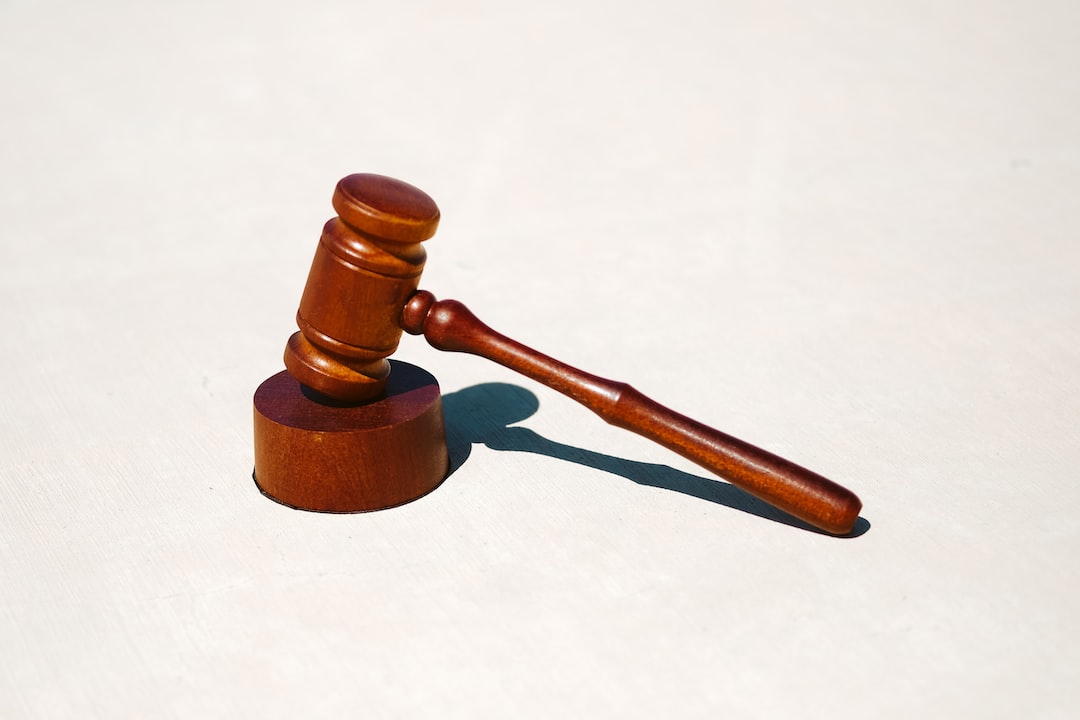Understanding the Basics: Introduction to Criminal Law
Criminal law is a significant branch of the legal system that deals with acts or behaviors that are considered as crimes against society. It is essential to have a basic understanding of criminal law as it governs our everyday lives and plays a crucial role in maintaining social order and ensuring justice is served.
The primary purpose of criminal law is to deter individuals from engaging in criminal activities and to punish those who violate society’s rules and regulations. It sets out a framework for prosecuting criminals and provides guidelines on how they should be punished for their actions. Criminal law focuses on the concept of “beyond a reasonable doubt,” which means that the guilt of the accused must be proven without any doubt in a court of law.
The basic elements of a crime include the actus reus (the guilty act) and the mens rea (the guilty mind). In simpler terms, the defendant must have committed a physical act, such as theft or assault, and had the intention or knowledge that their actions were wrong or illegal. These two elements must be proven for a person to be convicted of a crime.
Criminal law covers various types of offenses, including but not limited to, property crimes (theft, burglary), violent crimes (murder, assault), white-collar crimes (fraud, embezzlement), and drug-related offenses. Each offense has specific elements that must be met to establish guilt, and the penalties vary based on the severity of the crime and relevant laws.
The criminal justice system comprises three key components: law enforcement, the courts, and corrections. Law enforcement agencies, such as the police, investigate crimes, gather evidence, and arrest suspects. They play a crucial role in ensuring that criminals are apprehended and brought before the courts.
The courts are responsible for hearing and deciding criminal cases. The accused is presumed innocent until proven guilty, and the burden of proof lies with the prosecution. The court examines the evidence presented and decides whether the accused is guilty or not guilty. If found guilty, the court imposes an appropriate sentence based on the severity of the crime and relevant laws.
Corrections refer to the institutions and programs designed to rehabilitate and punish convicted criminals. Prisons, probation, and parole are common forms of corrections. The aim of corrections is not only to punish offenders but also to offer opportunities for rehabilitation and reintegration into society.
Understanding the basics of criminal law is essential for everyone, as it helps individuals understand their rights and responsibilities within society. It also provides insights into how the legal system operates and how potential crimes and offenses are handled. By familiarizing themselves with criminal law, individuals can better protect themselves and contribute to a safer and more just society.
In conclusion, criminal law is an integral part of our legal system. It serves as a deterrent to criminal behavior, provides guidelines for prosecuting criminals, and ensures justice is served. Understanding the basics of criminal law is crucial for individuals to navigate the legal landscape, protect themselves, and contribute to maintaining a harmonious society.

